Ov language
The word Yhngnäś comes directly from Proto-Ov *oxa qneopepets, which translates as "language of the peoples". *Oxa also has a direct descendant in yh, "psalm", and *qneob gave rise to the modern word ngnäb, "tribe".
History
The ancester of Okharian languages appeared in 9,200 BN, but Ov emerged only in 6,712 BN when the first duly dated document, showing Okharian inscriptions, was discovered.Ov retrospectively gave its name to the Proto-Ov language, as it is now the most spoken language in Allwanduir and therefore the most representative of the Okharian family. Old Ov itself gave birth to several widely spoken and closely related languages, the Okhar-Shkenzi subfamily.
Writing System
The writing system of Ov is an alphabet named Ofsar.
It also has an ornamental font.Phonology
Allophony
Ov undergoes quite a bit of allophony in consonants. In vowels, we can simply notice the very common /ɪ u/ → [j w] in contact with another vowel. Many voiced fricatives lack, but [ð] for /d/ is found before /r/, as well as [ɣ] for /g/ in many environments. The liquid /r/ has such a widespread allophone in [ɾ̝] that many linguists consider this should be the actual phoneme by now, and a dialectal variation. Ov completely lacks phonemic palatal consonants, but after a front vowel (except in <rł>) or <p>, [ç] is the allophone of /x/. This feeds a transformation of /n/ into [ɲ] before that latter allophone. Finally, /θ/ can combine with many consonants to form an allophonic [ɬ], or even the cluster [t͡ɬ].Stress
Stress in Ov is not lexical, yet the language is heavily stress-timed. There is no tone nor secondary stress, and slight vowel reduction occurs. The base rule for the position of stress is the following:- stress is final if the word ends in a plosive consonant (zëvit [t͡ɕɘ.ˈvɪt]
- stress is penultimate if the word ends in any other phoneme (lougwiś [ˈl̪ow.gʷɘs]; iełema [ʝɛ̈.ˈçe̞.mə]).
- compound words keep the stress of their first item (skueiëcan [ˈɕkʷe̞ɪ̯.θn̩]; śyhfkaizean [ˈsyːf.kəɪ̯.t͡ɕən]
- long vowels are always stressed, no matter the first rules (Azihtkana [ə.ˈt͡ɕiːt.kə.nə]).
Vowel Reduction
Ov undergoes vocalic reduction on unstressed vowel, not as strong as in Russian, yet enough to cause syncope. Here is the general pattern:- /ɪ,ʏ/ > [ɘ,ɵ]
- /u/ > [ʊ]
- /e̞,o̞/ > [ɛ̈,ɔ̈]
- /æ,ɑ,ɤ/ > [ɐ~ə]
- [dɑˈlyːɾ̝ʏk] (unreducted; rare or emphatic) ;
- [dəˈlyːɾ̝ɵk] (reducted trivocallically, formal speech) ;
- [dəˈlyːɾ̝ɵ̥k] (reducted and unvoiced trivocallically, common in casual speech with or without dialectal influence) ;
- [dəˈlyːɾ̝k] (syncopated, also common in casual speech with or without dialectal influence) ;
- [d͡ɮʏɾ̝k] (doubly syncopated, super fast speech).
- /mo̞.nɑ.ly:.ɾ̝ɑm/ → [mɔ̈.n(ɐ).ˈly:.ɾ̝ɐm]
- /ɪç.nɒɪ̯.stɪ.ŋjæ/ → [ɘç.nɐɪ̯ˈstɪ.ŋjə]
- /θe̞.ɕwe̞ɪ̯.o̞ɑ.stɑn/ → [θɛ̈ɕ.wɛ̈ɪ̯.wəˈstɑn]
- /ʏf.me̞.to̞:l.kɤ/ → [ɵf.mɛ̈.ˈto̞:l.kə]
- /ki:.ɾ̝ɒn.læ.me̞ɪ̯l/ → [ˈki:.ɾ̝ɐn.lɐm.ɛ̈ɪ̯l]
Morphology
Nominal morphology
There is no grammatical genders, but four numbers: singular, plural, indefinite ideal ("any") and total ("all"). There are two sets of declensions: the syntactic paradigm, which is numbers distinguished by nominative or ergative, and the semantic paradigm, constituting of benefactive, instrumental, genitive, inessive, ectessive and locative. Additionnally, the declensions are distinguished through three different kinds of harmonizations that impacted the proto-words. Nowadays, these patterns are called consonantal harmony:- the plosive harmony is the paradigm for words of which the last consonant is among /m n ŋ p b t d k g/;
- the fricative harmony is the paradigm for words of which the last consonant is among /f v θ s ɕ x/;
- the null harmony is the paradigm for any other words (ending in /r l ɫ̪/ or no consonant).
Verbal morphology
The tense system of Ov is misleadingly simple: it consists only of present, past and future distinguished in first, second and third person and their plurals. This is highly regular. The system stands out from the comparison with occidental languages by its synthetic passive paradigm. The Ov verbal system also has four moods: causative (now dated), negative, imperative and subjunctive. The subjunctive can agree with the present or the non-present tense. Additionnally, all these moods can agree with the active or passive voice. The subjunctive is triggered by the modal verb onto the main verb, or by relative clauses. The language is heavily verb-initial, to the point that all verbs of a given clause will be stacked at the beginning of the sentence. This is where complex rules of verbal agreement, varying a lot depending on formality and obsoleteness, come into play.Syntax
Relative clauses
Relative clauses are taken care of in two different ways. The first way looks like what English does: a relative pronoun is used and the clause follows normally, with the exception that it triggers subjunctive on the verb. The second way is more tricky but also more common. It is quite difficult to tackle for non natives as the boundaries of the relative clause are not clearly shown anymore, as there is no relative pronoun in this case. The verb is put in the future tense and the following noun in the ergative.Vocabulary
Cíelis niw. I love you.
Ofor tiereë bonkszyhr. The duck is learning mathematics.
Ylyś moi yngs luś? When do we get the free food?
U ënszoks ioul iämszäsäl. Steel is heavier than feathers.
Remove these ads. Join the Worldbuilders Guild

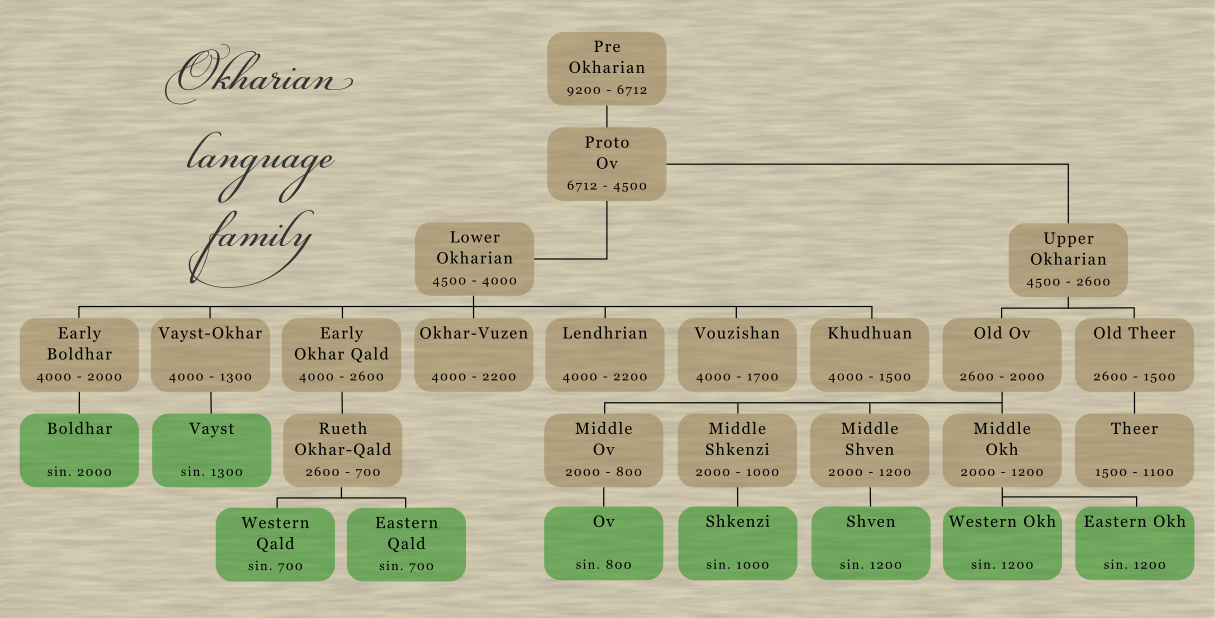
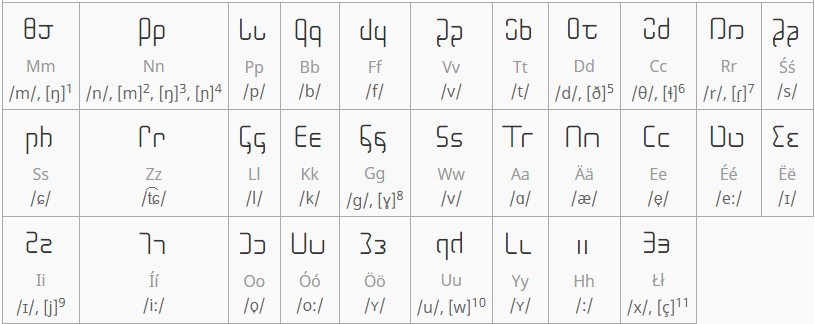

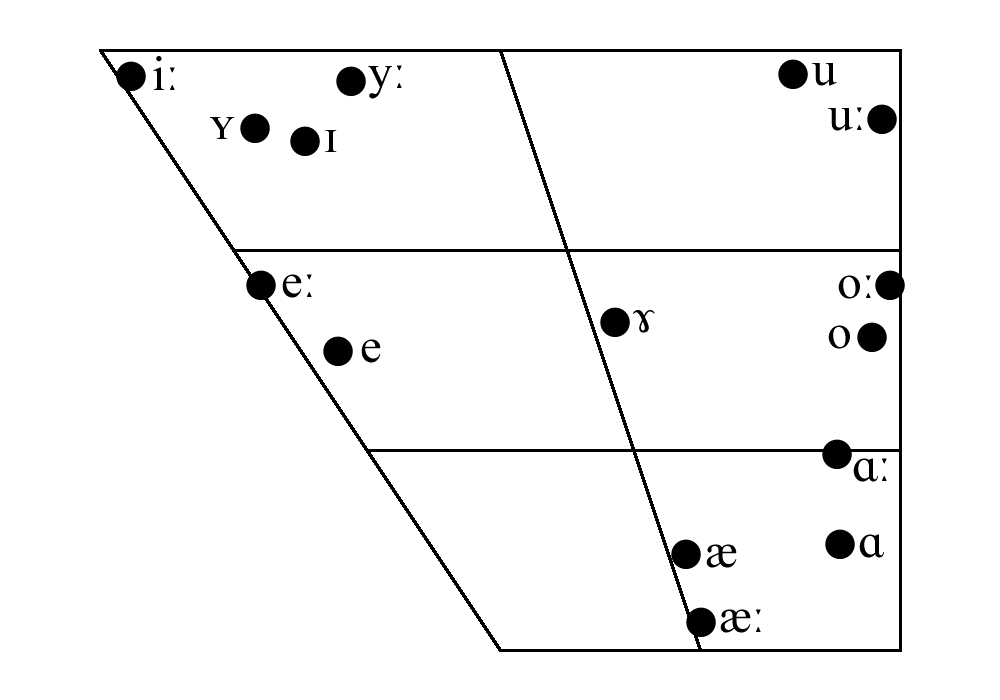



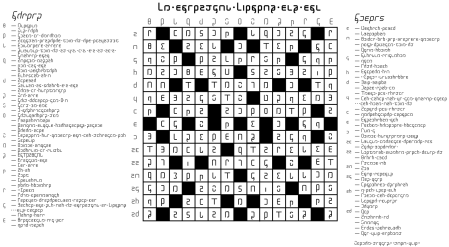
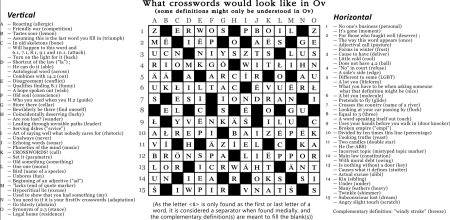


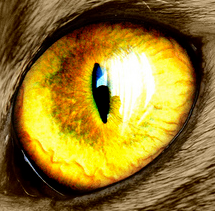
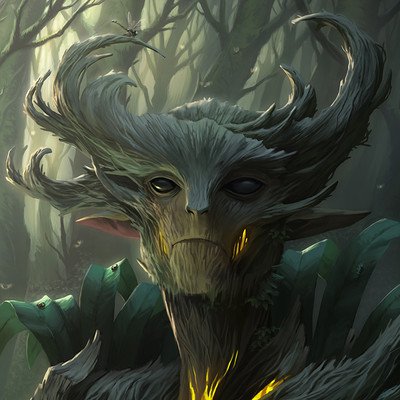






This is an incredibly detailed article on the language. I think you know more about this than I do about my native language. :D Some questions or notes: "The planet is home to several major sentient species cohabiting, of which only one, humanoid, has developed oral language." I got this from your introduction to the world, which makes me wonder: how do the other sentient species interact with this language? Do they lack the physical attributes necessary to speak, or are they really primitive? If the former is true, I'm curious about the dynamic between those who can speak it and those who cannot. Socioeconomics take a large part in changing dialects in language - is that a thing in this world, too? Where the non-speaking aliens write or use technology to imitate speech with a flair that easily sets them apart from the Allwanduirians? What about common slang? (or as Janet calls it: conslang) Is there any particularly common or systemic ways people shorten or modify things? I would love to see more context-in-the-world stuff like that, and it could help you fill out the side panel or help you break up the text with quote blocks, perhaps. :) For the vocabulary on the end, I would consider putting it in 2 or even 3 columns to shorten the scroll. As a nitpick: "The Ov language as we know it encompasses over 5,900 words." As who knows it? :) Is the tone of the article that of an explorer or teacher explaining it to someone? Is it written more in-universe? Also-also: Don't forget there is a comment-feedback option under the "Preference" when you edit the article. That way, you can specify more what kind of feedback you are looking for and would be helpful to you. :) Awesome work, amazing article :D
Creator of Araea, Megacorpolis, and many others.
Hello and thanks for that detailed comment. :-o This is my first ever article on WA, so your feedback on how to format things are precious. All the sentient species are about equally intelligent. I didn't figure out yet what this would mean for the world, but I'm looking forward to encountering opportunies to flesh it out. Also, yes, only the Allwanduirians are able to speak at all, although I will probably make an ambiguous language for a species, having them to use sounds better than any speech-ambiguous animal on Earth (whales etc). I don't mean to be mushy but Allwanduir will probably be a peaceful world where collaboration between people and species will lead to sharing technology and wind up with a global understanding all of the sentient beings. *wipes away a tear of joy* WA is actually not the cradle of Ov, and you can learn many more things if you browse this: @https://conworkshop.com/view_language.php?l=BHO. That's where slang hides. Now, when I say "The Ov language as we know it encompasses over 5,900 words", it is true that I'm not making much sense. I meant to immerse my reader into the language without having to say "I made 5,900 words in Ov" because that's silly (but that's, in fact, what it meant). I'll look into your other suggestions in good time. Nuik tden ör! <3
If this is your first article, holy heck! :D It's a fantastic start. I'm not great at conlanging myself, but it looks pretty dang stellar. And hey, there's nothing wrong with an idyllic utopia! I look forward then to seeing what else you cook up here on WA! :) (Oh hey, I see you put the vocabulary in columns! :D )
Creator of Araea, Megacorpolis, and many others.
Yep, I changed a few things following your recommendations! I've been conlanging actively for almost three years now and this is really the activity I like the most. Thanks for your feedback. <3